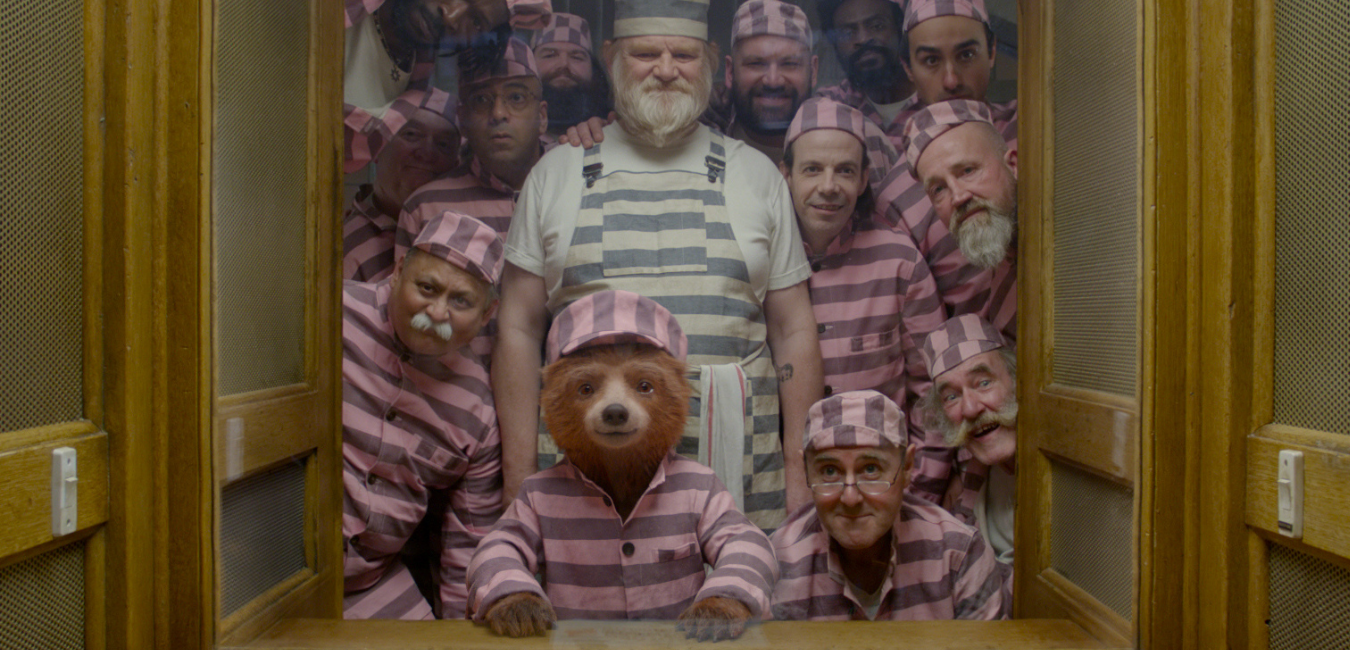The best films of Paul Newman

(Photo credit Wikimedia Commons)
Graced with classic Hollywood looks and grounded in a modern actor's talent and style, Paul Newman became one of the iconic movie stars of the later 20th century. For a generation who mainly knows the actor through his voice role in the Cars animated film franchise and salad dressing brand, Newman was one of the most recognized and influential figures of his time.
Newman was born on Jan. 26, 1925, and showed an interest in acting early. Throughout his career, Newman chose films that were foundationally engaging dramas and acclaimed roles in theater. On-screen, he often blended his charisma with humanism, drawing attention from the Academy Awards in multiple decades. Off-screen, Newman turned his enthusiasm for autos into a secondary racing career and used various platforms to advocate for political causes. He continued working throughout his life until his passing on Sept. 26, 2008.
The actor made President Richard Nixon's enemies list. He created the career playbook that modern stars like George Clooney and Matthew McConaughey draw from. Here are the five essential Paul Newman movies:
"Cat on a Hot Tin Roof"
Released Aug. 27, 1958; directed by Richard Brooks
The film adapts the acclaimed play by Tennessee Williams about an unhappy Southern couple and their family. A strong case for one of the hottest couples ever put on screen, Newman starred with Elizabeth Taylor as Brick and Maggie Pollitt, respectively, as they are burdened by a despondent and unsatisfied marriage. While many, including Williams and Newman, were disappointed that the film version drastically downplayed Butch's anxiety about his homosexuality observed in the play, the performance is an early indication of Newman's star power. It netted him his first Academy Award nomination for Best Actor.
"Cool Hand Luke"
Released Nov. 1, 1967; directed by Stuart Rosenberg
A quiet, mischievous man named Lucas Jackson is arrested after a drunken night of destroying parking meters and is sentenced to two years in a Southern prison camp. Under the hot sun and poor living conditions, he collides with both fellow prisoners and the guards. Newman scored his fourth Academy Award nomination playing the quietly decent but ultimately dispirited men that he excelled at early in his career. His performance as "Cool Hand Luke" Jackson is one of the defining roles of his career and of the era; An unmoored American losing again and again but still finding ways to stand in defiance to the world around him.
"Butch Cassidy and the Sundance Kid"
Released Sept. 23, 1969; directed by George Roy Hill
One of the essential installments in the buddy comedy genre, this western pairs Newman with Robert Redford for the first time as the titular bandits. William Goldman and Conrad Hall earned Academy Awards for Best Screenplay and Best Cinematography, respectively, signaling how exceptional how charming and beautiful they made Newman and Redford, and these are two guys who do well enough on their own. With Redford, Newman found a male co-star who was able to keep up with him as a captivating screen presence. "Butch Cassidy" proved to be a commercial and critical hit for everybody, encouraging the director and stars to reunite with an even bigger hit, 1973's "The Sting."
"The Verdict"
Released Dec. 8, 1982; directed by Sidney Lumet
By the early 80s, Newman had begun the late-stage period of his career, as the wry rascal characters of his youth had given way to older men hardened by the brutality of life, just waiting for a moment of inspired clarity. In "The Verdict," Newman plays Frank Galvin, an alcoholic attorney barely clinging to stability when he lands a medical malpractice case that pits him against the very powerful Catholic Archdiocese of Boston. Under Lumet's masterful direction, Newman maintains the intelligence and vulnerability that has defined his very best roles but never lets that empathy shield the audience from the ugly, destructive elements of Galvin's personality. Newman scored his sixth Best Actor nomination from the Academy Awards for "The Verdict," but still didn't win the statue, falling that year to Ben Kingsley in "Gandhi."
"The Color of Money"
Released Oct. 17, 1986; directed by Martin Scorsese
The Academy Awards must have felt terrible after nominating Newman seven times for his acting and never pulling the trigger on a win, because they gave him an honorary Oscar in 1986. They should have waited a year, as later that fall, Newman shows up in Martin Scorsese's "The Color of Money" alongside a young Tom Cruise (Sit with that idea again: Cruise was in a Scorsese movie). While the film is technically a sequel as Newman returns to play his character "Fast Eddie" Felson from 1961's "The Hustler," "The Color of Money" works as a stand-alone movie about Eddie mentoring Cruise's cocky Vincent as a pool shark. "The Color of Money" is essential for any film fan, not just because Newman finally won an Oscar for his performance, but simply due to three of Hollywood's most notable talents coming together to create that unique magic that keeps us glued to the screen.
Mark is a longtime communications media and marketing professional, and pop culture obsessive.




